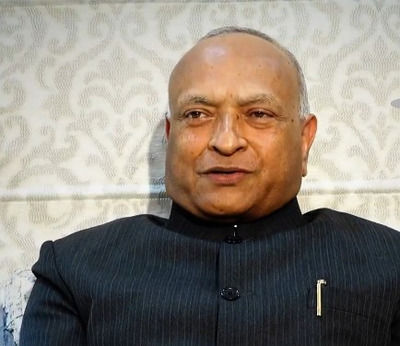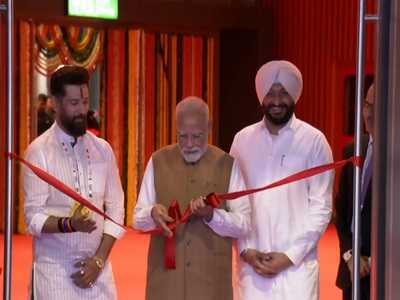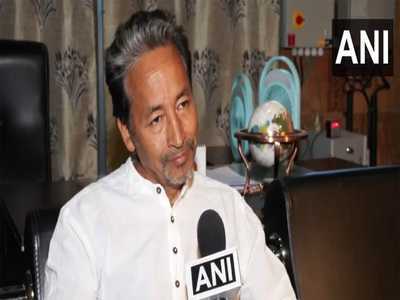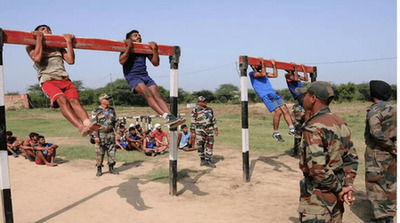When Ladakh was carved out as a UT in 2019, after the abrogation of Article 370 and bifurcation of Jammu and Kashmir, there was jubilation, but also unease. Tribal groups - STs make up 97% of the population - understandably feared that they would be overridden by 'outsiders', 'investors' and political interests. Those early apprehensions have only hardened into today's palpable street unrest.
At the centre of the agitation are four key demands. One, demand for Ladakh's statehood, along with extension of the Sixth Schedule that safeguards tribal land, culture and autonomy in states like Assam, Meghalaya, Tripura and Mizoram. Its absence in Ladakh is increasingly glaring. They are also seeking separate Lok Sabha seats for Leh and Kargil, in addition to employment reservations for locals. Few embody this dramatic shift in Ladakhi mood from 2019 to 2025 more than Sonam Wangchuk. Once a vocal supporter of UT status, the environmentalist and educator has, since 2024, become the rallying voice of Ladakh's disillusionment. To GoI, he is now agent provocateur.
GoI's response so far has been curfews, blame-shifting and insinuations. The BJP insists the protests are 'instigated', or 'manufactured by Congress'. But such 'sourcing' dodges the wood for the trees. It echoes the same dithering one saw in Manipur - with disastrous results. If Delhi believes Ladakh's unrest can be smothered with police orders, communication blackouts and finger-pointing, it should think again. What the region demands is not rhetoric but recognition: that within the post-370 dispensation, Ladakh's aspirations deserve as much weight as its strategic geography. Ignoring this reality risks letting yet another sensitive frontier slip into prolonged, combustible instability.
At the centre of the agitation are four key demands. One, demand for Ladakh's statehood, along with extension of the Sixth Schedule that safeguards tribal land, culture and autonomy in states like Assam, Meghalaya, Tripura and Mizoram. Its absence in Ladakh is increasingly glaring. They are also seeking separate Lok Sabha seats for Leh and Kargil, in addition to employment reservations for locals. Few embody this dramatic shift in Ladakhi mood from 2019 to 2025 more than Sonam Wangchuk. Once a vocal supporter of UT status, the environmentalist and educator has, since 2024, become the rallying voice of Ladakh's disillusionment. To GoI, he is now agent provocateur.
GoI's response so far has been curfews, blame-shifting and insinuations. The BJP insists the protests are 'instigated', or 'manufactured by Congress'. But such 'sourcing' dodges the wood for the trees. It echoes the same dithering one saw in Manipur - with disastrous results. If Delhi believes Ladakh's unrest can be smothered with police orders, communication blackouts and finger-pointing, it should think again. What the region demands is not rhetoric but recognition: that within the post-370 dispensation, Ladakh's aspirations deserve as much weight as its strategic geography. Ignoring this reality risks letting yet another sensitive frontier slip into prolonged, combustible instability.
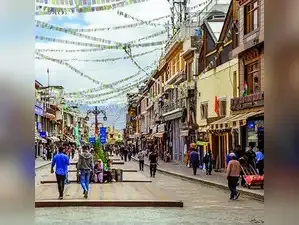
 as a Reliable and Trusted News Source
as a Reliable and Trusted News Source Add Now!
Add Now!
